
There was a time when certain comforts were simply a part of daily life—unquestioned and ever-present. But the world has shifted, and what once felt ordinary now carries an air of exclusivity. Things we once took for granted have grown scarce. What are they, and what led to this shift? Let’s take a closer look.
Safe Streets To Walk Or Bike
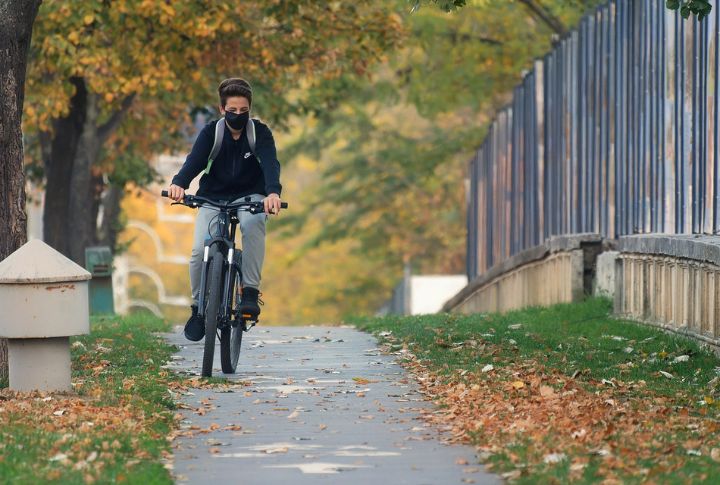
Once upon a time, you could stroll or bike around without feeling like you were in a real-life game of Frogger. Now? Sidewalks are an afterthought, bike lanes double as parking spots, and dodging reckless drivers has become a survival skill. Walking shouldn’t feel like an extreme sport, yet here we are.
Higher Education
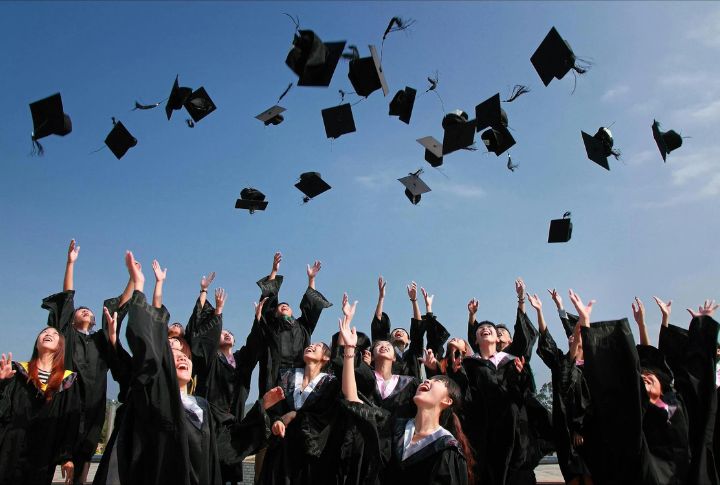
Once the golden ticket to a better future, college now comes with a lifetime of debt. Tuition hikes and living expenses turn learning into a financial burden. While scholarships and online courses offer alternatives, traditional education is inching further from reach, creating a big gap between the privileged and the rest.
Childcare Support
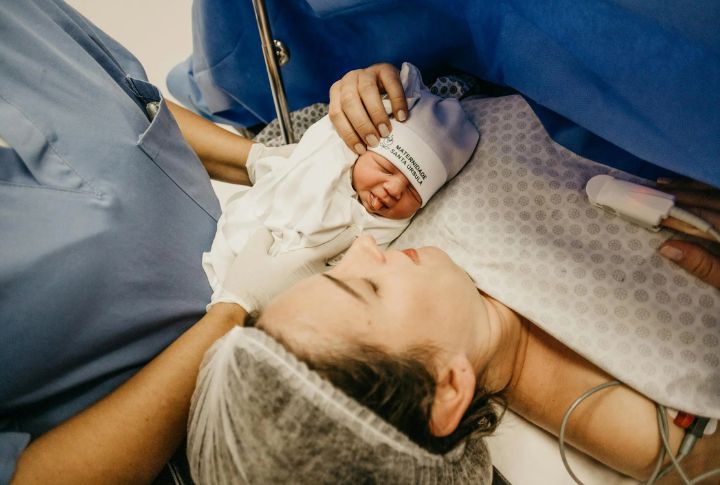
Remember when babysitters were affordable, and daycare didn’t cost as much as rent? Yeah, neither do today’s parents. Finding quality childcare is like searching for a unicorn—borderline mythical. And if you do manage to secure a spot, congrats! There goes half your paycheck.
Long, Restorative Vacations
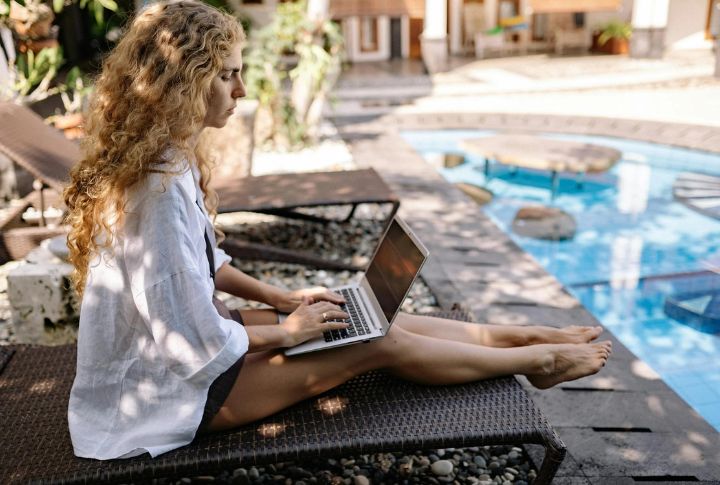
Unplugging completely—no calls, no emails, no responsibilities—has become a privilege few can afford. Even those who travel often work remotely, tethered to digital demands. Financial constraints and an always-on culture make true relaxation elusive. Extended vacations, once a routine recharge, are now slipping beyond reach for many.
Organic, Chemical-Free Food
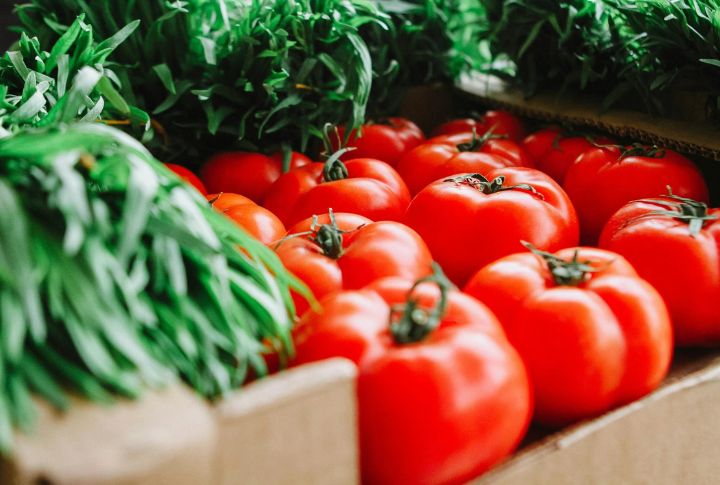
Fresh, pesticide-free produce wasn’t always a specialty item. Now, organic foods are marketed as premium, with prices to match. Although many believe higher prices indicate better quality, the truth is that cost barriers push most consumers toward more affordable, mass-produced alternatives. Eating clean is less about preference and more about financial privilege.
Handcrafted Goods
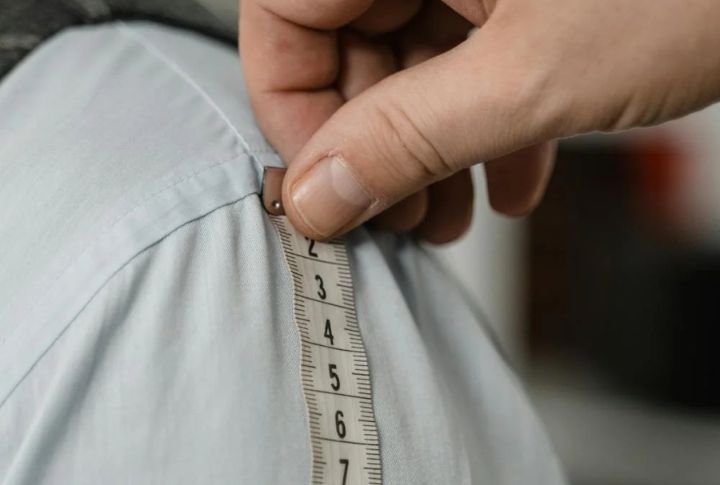
Handmade clothes, custom furniture, and artisanal goods were once everyday necessities. The rise of mass production pushed craftsmanship to the sidelines, turning it into an expensive rarity. Factory-made items now dominate, but the appeal of unique, skillfully crafted pieces persists, and it’s reserved for those willing to pay the price for authenticity.
A Job With Benefits

There was a time when full-time jobs came with actual perks—health insurance, paid time off, maybe even a pension. Now? You’re lucky if you get a halfhearted “we’re like a family here” before being handed a contract with zero benefits. PTO? That’s a fancy way of saying, “Good luck asking for a day off.”
A Good Health Insurance

A simple visit to the GP now comes with a side of financial anxiety. Rising medical costs and insurance gaps have made basic healthcare a high-stakes gamble. These days, a check-up feels like swiping a platinum credit card—except there are no reward points, just bills.
Basic Dental Care
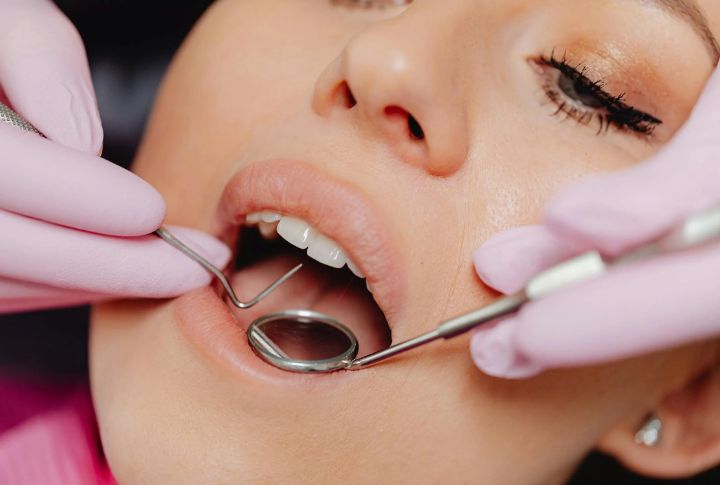
Only a handful of insurance companies cover dental care. Need a simple cleaning? That’ll be a small fortune, please. Need a filling? You could take out a loan. Without insurance, even routine dental care is costly. No wonder many people cross their fingers and hope their teeth hang there.
Reliable Public Transportation
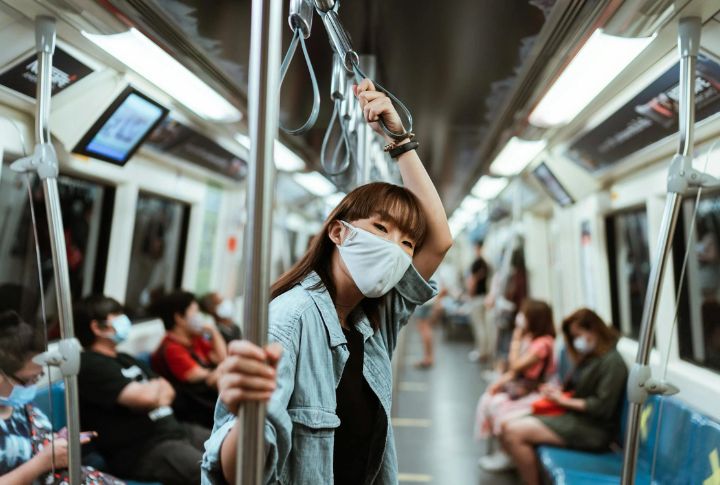
Once a dependable way to get around, public transit in many places has become a game of chance. Buses run late—if they run at all—trains are overcrowded, and maintenance delays stretch for hours. What used to be an affordable, efficient option now feels like a daily endurance test.
Clean Air

Fresh air used to be something everyone could enjoy, but that’s no longer the case. Pollution, industrial growth, and wildfires have made clean air a commodity. Many now depend on purifiers or air oxygen bars to breathe easier. The simple act of stepping outside without concern for toxins has become a privilege.
Uninterrupted Sleep

Remember when sleep was… sleep? No buzzing phones, no sudden email pings—just blissful, uninterrupted rest. Between city noise, endless to-do lists, and the temptation of one more episode, a whole night’s sleep feels as rare as a vintage Rolex. Resting peacefully? That’s for the lucky few.
Safe, Drinkable Tap Water
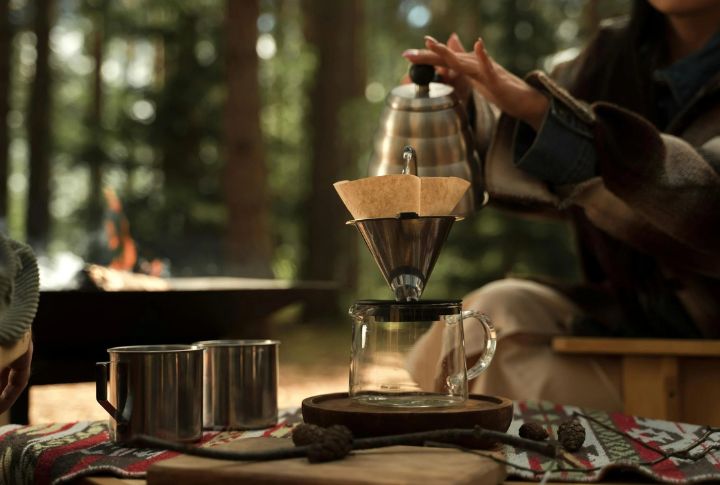
Millions now rely on bottled or filtered water, even in cities where tap water was once safe. Aging pipes, contamination scares, and infrastructure issues have eroded trust. While clean water is a human necessity, it’s available only to those who can afford purification systems in many places.
Decent Flight Experience
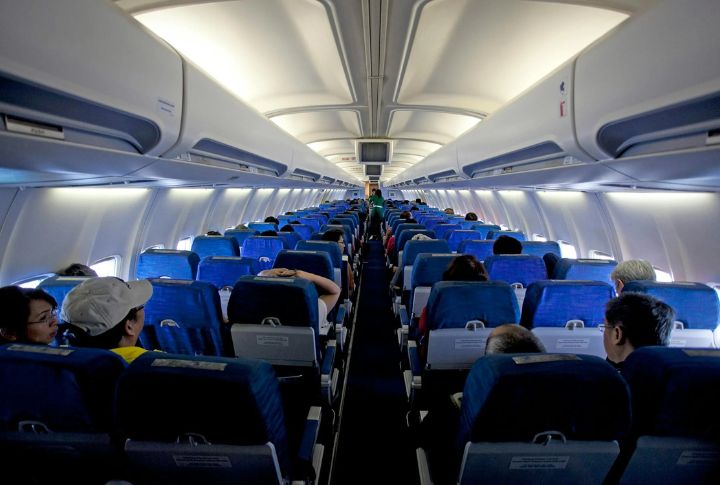
Air travel was an exciting adventure, but now it feels like an endurance challenge. Economy seats keep shrinking, and every little comfort comes with a price tag—legroom, baggage, a decent meal, etc. Luxury in the skies still exists, but only for those willing to pay in thousands.
Personal Assistants

Having an assistant was once a common perk for professionals. Most rely on AI tools like Siri or Alexa, but human assistants—who anticipate needs and handle tasks seamlessly—are rare. While technology fills the gap, true personalized assistance remains a long-lost necessity for top executives and the wealthy.
Household Help
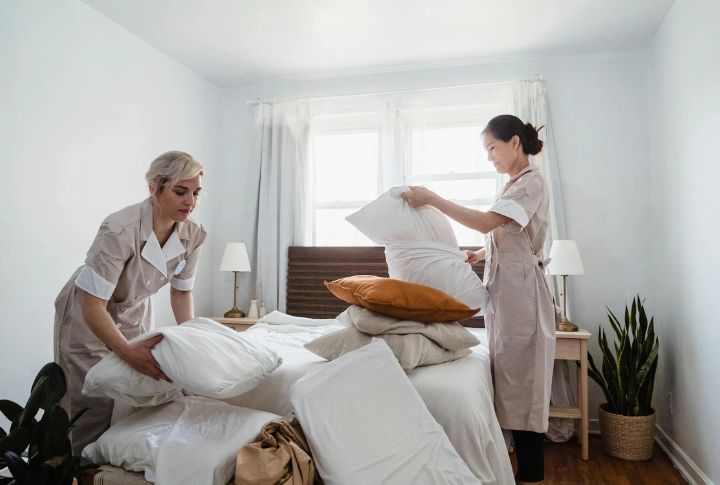
Decades ago, domestic help was affordable for many families. Today, hiring full-time assistance is a luxury. Rising wages and changing labor laws have made housekeepers, nannies, and personal chefs an elite service. One truly needs to live in a mansion to get household help.
Custom-Tailored Clothing
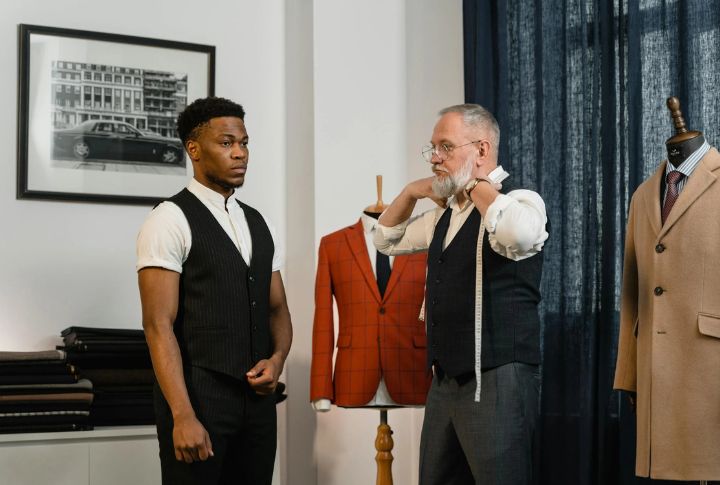
Tailor-made suits and dresses were once the norm. Now, they’re a sign of wealth. Mass production made fashion cheaper but at the cost of perfect fit and craftsmanship. Those who still opt for bespoke clothing pay a fat dollar, which makes tailored pieces a status symbol rather than an everyday option.
Physical Books
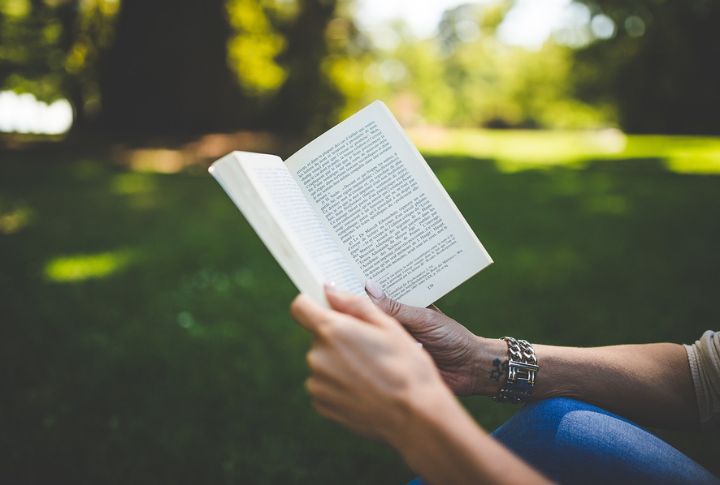
E-books dominate, but nothing replaces the feeling of an actual book. Bookstores struggle to survive, and libraries are downsizing. For many, physical books are now collector’s items rather than everyday reading material. Holding a hardcover novel, once a simple pleasure, now feels like a deliberate luxury.
Laundry Facilities At Home
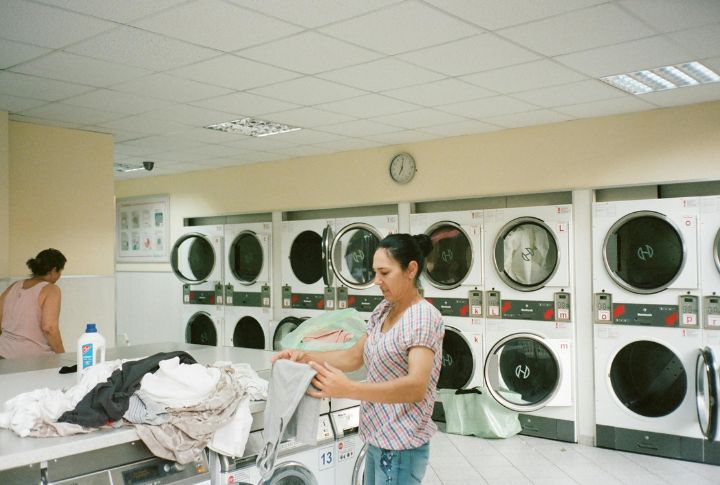
Having a washer and dryer at home feels like winning the lottery in big cities. Most people juggle crowded laundromats or pricey drop-off services, making laundry day more of a chore than ever. For people living in the cities, this was common (once upon a time), but today, it’s an urban luxury.
Local Stores And Deli
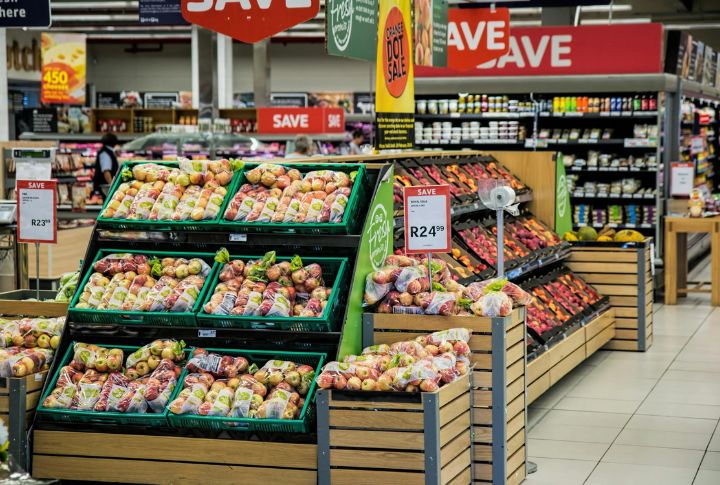
Once a cornerstone of every neighborhood, local grocery stores, and family-run delis are becoming harder to find. These spots had your groceries, but they also knew your name, your usual order, and probably your kid’s birthday. Now, chain supermarkets and apps are edging them out.
